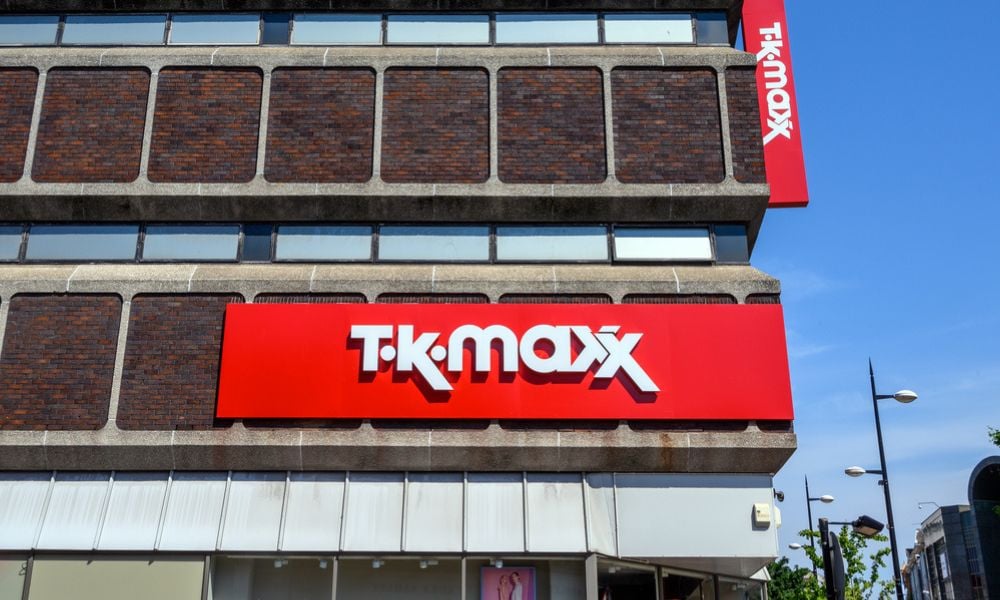THE REPUTATION of a company is the single most important factor for graduates of 2008 when deciding which employer to join, according to the Australian Association of Graduate Employers (AAGE)
THE REPUTATION of a company is the single most important factor for graduates of 2008 when deciding which employer to join, according to the Australian Association of Graduate Employers (AAGE).
Other factors that are important to graduates are training and development, long-term career prospects, the actual content of their work and work-life balance.
Presenting the findings of AAGE’s 2008 candidate survey at the recent AAGE graduate recruitment and development conference in Sydney, Tim Wise, research director of High Fliers Research, also outlined factors that would lead a candidate to stay longer with an employer. These included promotion or career advancement, the ability to move within an organisation, content of work and remuneration.
David Als, attraction and recruitment adviser for Shell, who also presented at the conference, spoke about the significance of employer branding and importance of creating a graduate employee value proposition (EVP). A graduate EVP puts exactly what a company is offering employees into context, and encompasses aspects such as the company’s core insight, benefits, differentiating benefit and character.
To protect the reputation of your company, Als said it is most important to not make promises you can’t keep. “If you portray yourself to be technologically savvy and cutting edge and you recruit graduates who are stuck in a room with Windows 95 – they’re not going to be happy. The most damaging thing we’ve always found is actually word-of-mouth,” he said.
The AAGE survey, which encompassed more than 1,500 new or future employees from 68 leading organisations, also looked at which organisations had the best graduate promotion campaigns on campus and which promotions and sources of information were used during job hunting.
Employers’ own websites were the most heavily used source of information for candidates at 85 per cent, followed by university careers fairs (63 per cent), commercial websites (44 per cent), careers services (43 per cent) and family and friends (43 per cent). The least used sources were industry specific events (3 per cent), industry specific publications (6 per cent) industry specific careers fairs (13 per cent) and national newspapers (18 per cent).
Daljit Singh, director of talent management of global law firm Baker & McKenzie, told conference delegates that the development and retention of the firm’s talent is one of its highest priorities.
He spoke about the need to meet the rising expectations of young people who join the firm, however, this process needed to be conducted more quickly and comprehensively in order to stay ahead of the competition. As such, one of the key aspects of Baker & McKenzie’s development framework is individuality.
“It’s not a cloning model. You can express your individuality. We do not expect you to be clones or robots with all behaviour to be normalised and see that as the ideal,” said Singh.
In a global company, forming a culture of friendship is very important, he added. “It’s not just networking with your fellow lawyers; we form a web of friendship. It’s important to have a high-touch culture.”
The AAGE survey also found that opportunity to travel is very important for emerging graduates, and Singh highlighted this point.
Baker & McKenzie has an associate training program which gives lawyers the opportunity to transfer around the world for periods ranging from six months to two years. This is a significant graduate attraction for a global firm, he said.
For a copy of the report, visit www.aage.com.au.








